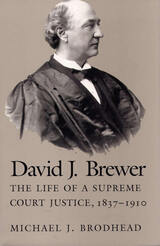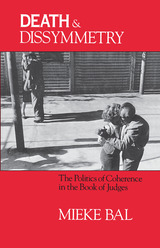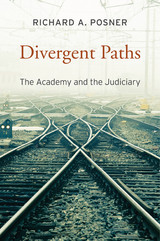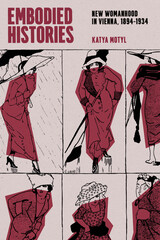3 start with D start with D

This is the first biography of David J. Brewer, an Associate Justice of the United States Supreme Court from 1889 to 1910.
Prior to rising to the nation’s highest tribunal, Brewer served as a county probate judge, a state district judge, a Kansas State Supreme Court justice, and a federal circuit court judge. He was known not only for his long tenure on the Supreme Court but also for his numerous off-the-bench statements as an orator and writer.
Many of Brewer’s judicial opinions and nonjudicial utterances created controversy, particularly when he confronted the reform issues of his day. The court, then presided over by Chief Justice Melville W. Fuller, has been seen as reactionary, determined to infuse the law with social Darwinism and laissez-faire ideology. Yet, contrary to this assessment of the Fuller Court as a whole, Brewer accepted most of his generation’s reform goals. He championed many forms of social legislation, the regulation of business, the rights of women and minorities, the support of charities, educational reform, and world peace.
Michael J. Brodhead contends that until recently historians have carelessly and inaccurately created a false image of Brewer, partly by citing a small sample of his opinions and public statements as representative of his alleged conservatism. They have also assumed that the disputable decisions of Brewer and his contemporaries were based on ideological predilections and that precedent and recognized legal principles played no role.
During his term, Brewer was the author of such notable court opinions as In re Debs, Muller v. Oregon, and Kansas v. Colorado. He supported property rights, admired honest entrepreneurial activity, and opposed the concentration of power in any form. Brewer favored the individual in all instances, whether that individual was the initiator of a great economic enterprise or a farmer struggling to extend agriculture into the western plains.

Counter to standard readings of Judges, Bal's interpretation demonstrates that the book has a political and ideological coherence in which the treatment of women plays a pivotal role. Bal concentrates here not on the assassinations and battles that rage through Judges but on the violence in the domestic lives of individual characters, particularly sexual violence directed at women. Her skillful reading reveals that murder, in this text, relates to gender and reflects a social structure that is inherently contradictory. By foregrounding the stories of women and subjecting them to subtle narrative analysis, she is able to expose a set of preoccupations that are essential to the sense of these stories but are not articulated in them. Bal thereby develops a "countercoherence" in conflict with the apparent emphases of Judges—the politics, wars, and historiography that have been the constant focus of commentators on the book.
Death and Dissymmetry makes an important contribution to the development of a feminist method of interpreting ancient texts, with consequences for religious studies, ancient history, literary theory, and gender studies.

Judges and legal scholars talk past one another, if they have any conversation at all. Academics couch their criticisms of judicial decisions in theoretical terms, which leads many judges—at the risk of intellectual stagnation—to dismiss most academic discourse as opaque and divorced from reality. In Divergent Paths, Richard Posner turns his attention to this widening gap within the legal profession, reflecting on its causes and consequences and asking what can be done to close or at least narrow it.
The shortcomings of academic legal analysis are real, but they cannot disguise the fact that the modern judiciary has several serious deficiencies that academic research and teaching could help to solve or alleviate. In U.S. federal courts, which is the focus of Posner’s analysis of the judicial path, judges confront ever more difficult cases, many involving complex and arcane scientific and technological distinctions, yet continue to be wedded to legal traditions sometimes centuries old. Posner asks how legal education can be made less theory-driven and more compatible with the present and future demands of judging and lawyering.
Law schools, he points out, have great potential to promote much-needed improvements in the judiciary, but doing so will require significant changes in curriculum, hiring policy, and methods of educating future judges. If law schools start to focus more on practical problems facing the American legal system rather than on debating its theoretical failures, the gulf separating the academy and the judiciary will narrow.
READERS
Browse our collection.
PUBLISHERS
See BiblioVault's publisher services.
STUDENT SERVICES
Files for college accessibility offices.
UChicago Accessibility Resources
home | accessibility | search | about | contact us
BiblioVault ® 2001 - 2024
The University of Chicago Press









